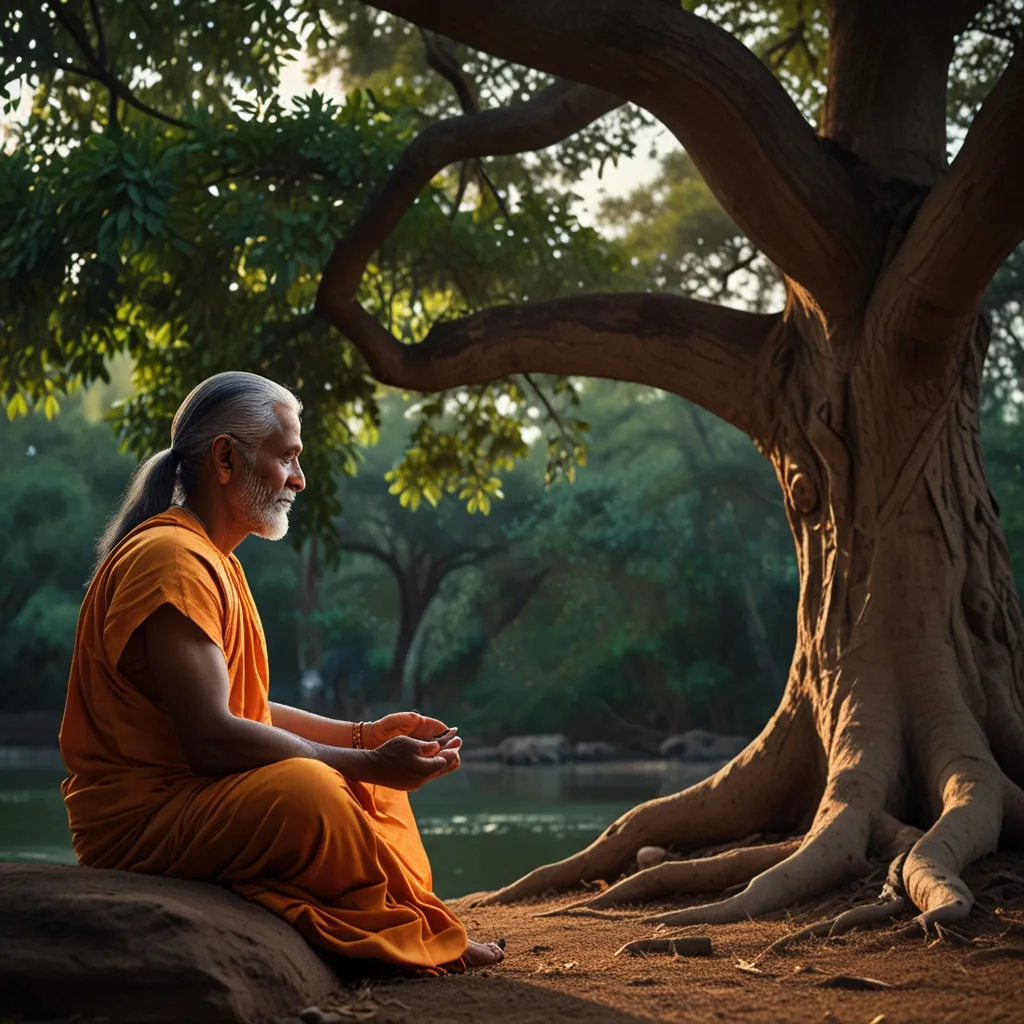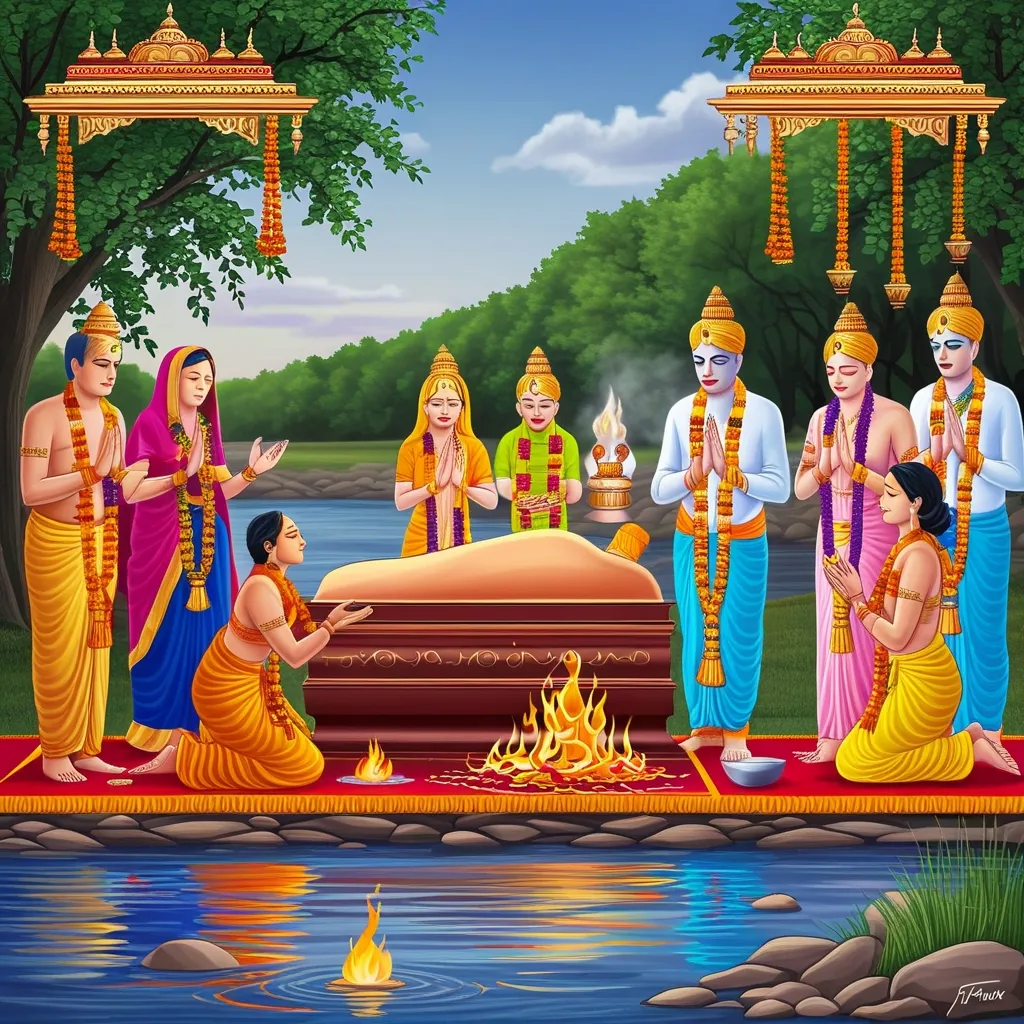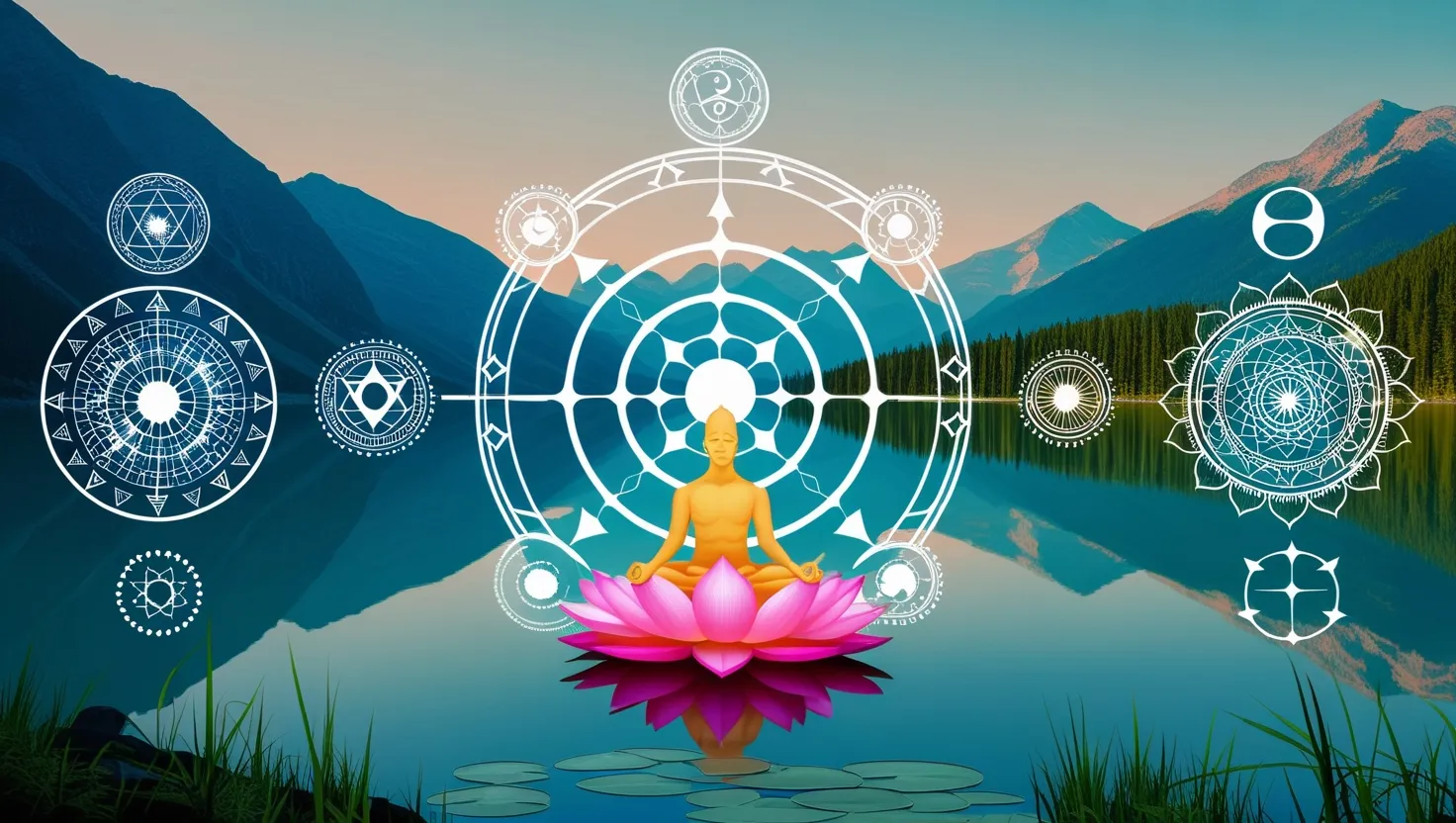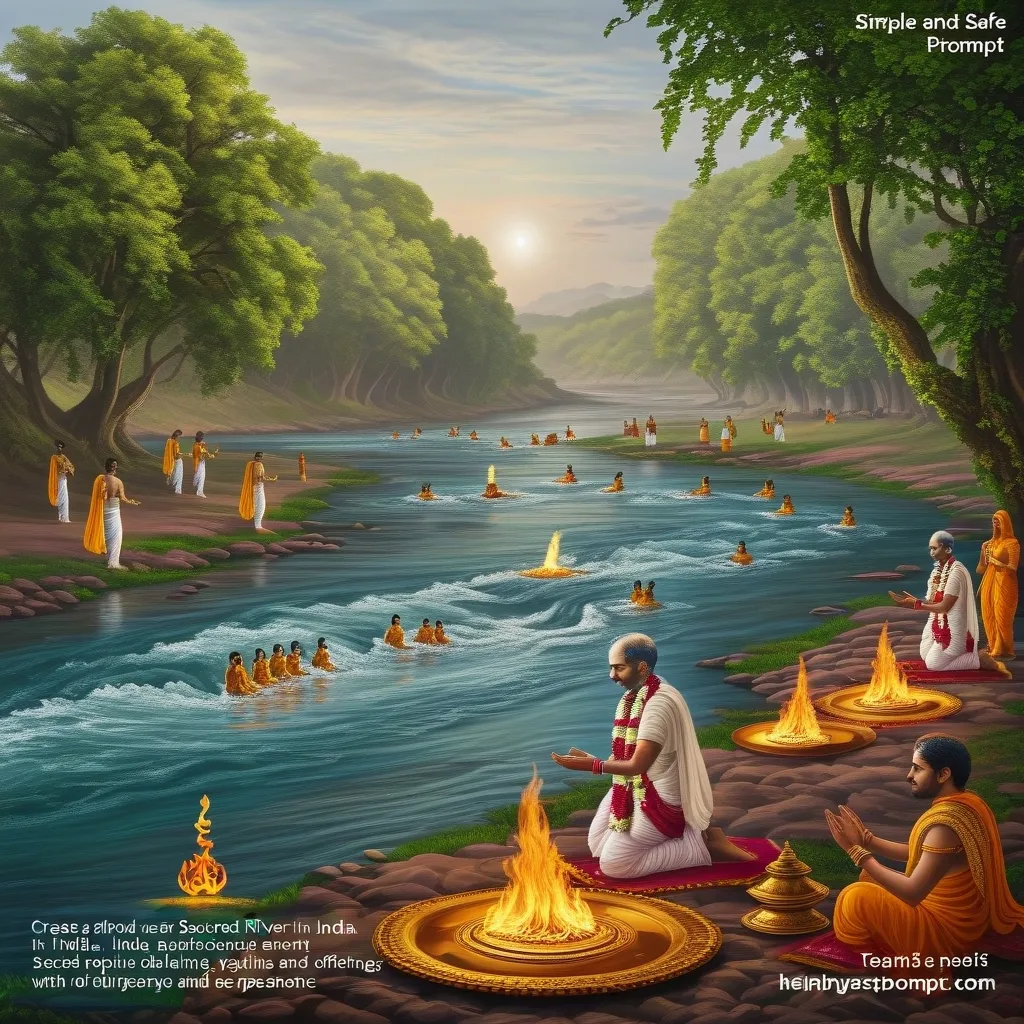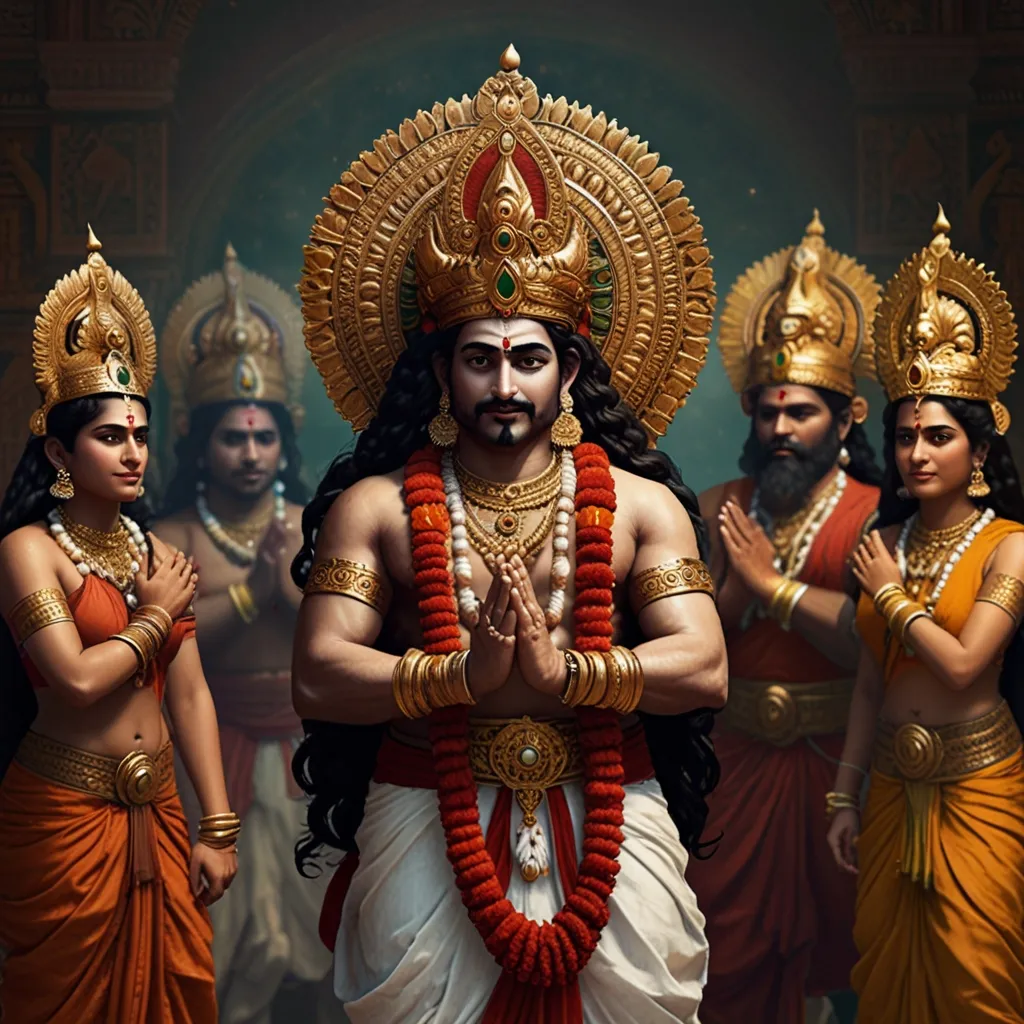The Upanishads are some seriously ancient Indian texts that wrap up the Vedas, the oldest scriptures in Hinduism. These aren’t just spiritual guides; they go deep into philosophy, tackling questions about reality, consciousness, and big truths. Think of them as a bridge from old-school ritual practices to mind-expanding philosophical thinking.
A key theme in the Upanishads is their take on Ātman and Brahman. Ātman is your individual self, and Brahman is this universal, all-encompassing reality. The Upanishads dive into how these two are actually the same. This idea of non-dualism, or Advaita Vedanta, is front and center in many Indian philosophies.
What’s also cool is the Upanishads’ focus on meditation and looking inward to truly understand oneself and the universe. Forget about just going through the motions with rituals—these texts encourage personal experience and reaching enlightenment. It’s about going on a journey within rather than following a script.
The Upanishads played a big role in shaping Indian philosophical debates, too. They often present big ideas through chats between teachers and students, or even gods and mortals. These aren’t just casual conversations; they’re packed with deep thoughts that make you ponder the essence of life and reality. This dialogue style influenced many traditions that came after, like Buddhism and Jainism.
But don’t expect a single, unified philosophy from the Upanishads. They’re full of different ideas and viewpoints, covering everything from the self and the universe to how to reach liberation. This variety makes them a treasure trove for deep philosophical thinking and debates.
They also have a massive impact on Hindu religious beliefs and practices. Various sects within Hinduism have turned to the Upanishads for guidance, each in their own way. They’ve inspired a lot of Hindu scriptures and commentaries, including the Bhagavad Gita, which many see as a summary of Upanishadic wisdom.
The influence of the Upanishads goes beyond just Hinduism. Scholars and philosophers from other traditions like Buddhism and Jainism have also dug into these texts. Their focus on personal experience, meditation, and seeking wisdom speaks to a wide audience.
Even though they’re ancient, the Upanishads are still super relevant today. Their teachings about how everything is connected and the importance of self-discovery continue to inspire modern-day spiritual seekers. The emphasis on introspection makes the texts accessible to people from all walks of life, no matter their religious or cultural backgrounds.
To sum it up, the Upanishads are a big deal in Indian philosophy. They introduce important concepts like Ātman and Brahman, highlight the importance of meditation and personal insight, influence philosophical debates, shape Hindu practices, and still resonate in today’s world. Their rich teachings continue to inspire, making them a vital part of India’s philosophical legacy.
